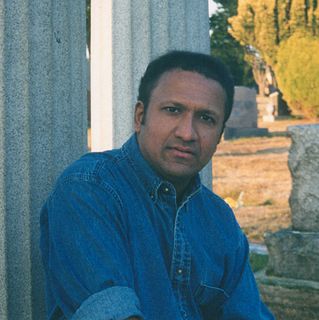A Quote by David Mitchell
So little is actually worthy of belief or disbelief. Better to strive to coexist than seek to disapprove . . .
Related Quotes
Paul commands: 'Therefore, brethren, stand fast and hold the Traditions which you have been taught, whether by word or by our letter.' From this it is clear that they did not hand down everything by letter, but there is much also that was not written. Like that which was written, the unwritten too is worthy of belief. So let us regard the Tradition of the Church also as worthy of belief. Is it a Tradition? Seek no further.
Certainly the affirmative pursuit of one's convictions about the ultimate mystery of the universe and man's relation to it is placed beyond the reach of law. Government may not interfere with organized or individual expressions of belief or disbelief. Propagation of belief - or even of disbelief - in the supernatural is protected, whether in church or chapel, mosque or synagogue, tabernacle or meeting-house.
There are, however, exceptions to this reliance on feelings as evidence of truth: if, for instance, your feelings lead to disbelief instead of belief, they're apt to be dismissed as some form of denial. This is not a common problem. Usually intellectualism, not feeling reality, is blamed for disbelief. But, some angel experts suggest, there may be emotional as well as intellectual barriers to belief: unwillingness to believe in angels can reflect low self-esteem.
The decline of witch-belief was . . . entirely the product of religious skepticism. . . . The Catholic Church did not reform itself on this matter; it was forced by outside pressure to reform. To be sure, the Protestant churches were no better in this regard; it is simply that they had less time - only two or three centuries - to engage in the torching of witches. After all, John Wesley, the founder of Methodism, stated quite correctly that disbelief in witches meant a disbelief in the Bible.
It's good to do things that are out of the norm. I'm a creature of habit and I like to stay in my own little comfort zone, but you have to reach out of that sometimes. And when you do that, you grow. And growth is what we all need and what we all strive for because we want to get better and better and better each day. And that's one of the things that I say to myself as far as a ritual that I have every day: "What can I do today to make it better than it was yesterday?"
By the age of fifteen, I had convinced myself that nobody could give a reasonable explanation of what he meant by the word 'God' and that it was therefore as meaningless to assert a belief as to assert a disbelief in God. Though this, in a general way, has remained my position ever since, I have always avoided unnecessarily to offend other people holding religious belief by displaying my lack of such belief, or even stating my lack of belief, if I was not challenged.
If there is a soul, what is it, and where did it come from, and where does it go? Can anyone who is guided by his reason possibly imagine a soul independent of a body, or the place of its residence, or the character of it, or anything concerning it? If man is justified in any belief or disbelief on any subject, he is warranted in the disbelief in a soul. Not one scrap of evidence exists to prove any such impossible thing.




































